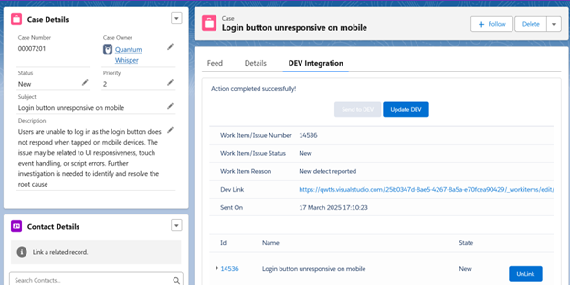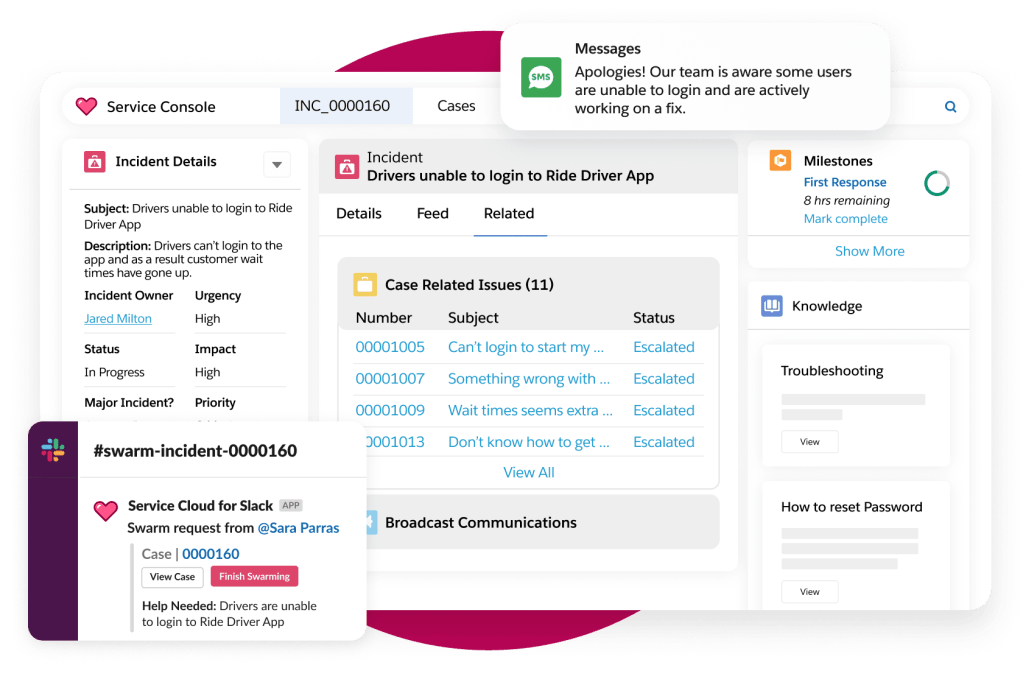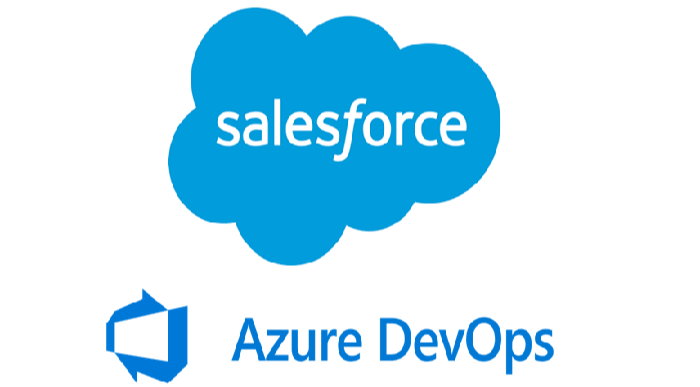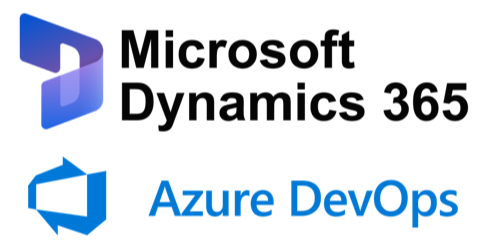Great question! As an integration platform targeting both platforms, Quantum Whisper product managers had to ask ourselves the same question. Given that we specialize in integrating Salesforce, ServiceNow, and Dynamics 365 with both GitHub and Azure DevOps (commonly referred to as ADO or AzDo), it was essential for us to grasp the main use cases for each application. From a solution perspective, our goal is to enhance your process by contextualizing customer integration to match work management requirements. Below is a summary of our findings, and we hope it can help you too!
First: GitHub & Azure DevOps Background
While both GitHub and Azure DevOps offer robust project management features, their unique history (GitHub vs. Microsoft) and subsequent design target slightly different needs and workflows, each with its own strengths and focus areas. GitHub has always been primarily geared towards developers who are deeply integrated into the GitHub ecosystem, offering tools that enhance collaboration and streamline the management of code-centric projects. On the other hand, Azure DevOps provides a more comprehensive suite of tools that support the entire software development lifecycle (SDLC), making it an ideal choice for organizations that require a more integrated and enterprise-level solution. This distinction allows each platform to serve its target audience effectively, whether it's individual developers, open-source communities, or large enterprise teams. Since Microsoft's acquisition of GitHub in 2018, their positioning has shifted towards a form of coopetition. As GitHub increasingly innovates to target the enterprise market, Azure DevOps gains from GitHub's innovations by incorporating key features like GitHub Advanced Security (GHAS).
GitHub vs Azure DevOps Projects
GitHub Projects1
- Focus: Primarily supports project management for code hosted on GitHub.
- Features: Offers Kanban-style boards, task tracking, and integration with GitHub issues and pull requests.
- Community: Strong emphasis on open-source collaboration and community-driven development.
- Integration: Best suited for projects that are already using GitHub for version control.
Azure DevOps Projects2
- Focus: Provides a more integrated solution for the entire software development lifecycle.
- Features: Includes tools for planning, version control, CI/CD, testing, and deployment. It also offers robust project management tools like Azure Boards.
- Flexibility: Can handle a wider variety of projects, not limited to those hosted on GitHub.
- Enterprise Support: Historicly popular in enterprises for its comprehensive suite of tools and strong support for cloud and on-premises environments.
In conclusion, GitHub is an excellent option for projects that are primarily centered around code and flourish in a community-oriented setting. It is particularly well-suited for developers who are deeply embedded in the GitHub ecosystem, as it provides tools that enhance collaboration and streamline the management of code-centric projects. This makes it an ideal platform for open-source communities and individual developers who prioritize simplicity and flexibility in their project management approach. On the other hand, Azure DevOps Projects offers a more comprehensive and holistic approach, making it an excellent option for organizations that require a robust, enterprise-friendly solution to manage the entire software development lifecycle. It provides a wide array of tools that support planning, version control, continuous integration and delivery (CI/CD), testing, and deployment, all within a single integrated platform. This makes Azure DevOps particularly appealing to large enterprise teams that need a more structured and detailed project management system to handle complex projects with multiple layers of tasks and dependencies. Interestingly, some customers are using both tools, integrating platforms to suit their needs.
Learn More About Salesforce Integrations
GitHub Issues vs Azure DevOps Work Items
To gain a deeper understanding of how projects and hierarchies function within both GitHub and Azure DevOps for effective work management, it's essential to explore the distinct methodologies and tools each platform offers. By examining the unique approaches to organizing, tracking, and managing tasks, we can better appreciate how these platforms cater to different project needs and team dynamics. This exploration will cover the specific features and capabilities that enable users to structure their work efficiently, whether through GitHub's flexible, community-driven environment or Azure DevOps' comprehensive, enterprise-level framework. Understanding these differences will help in selecting the right platform for your project's requirements, ensuring that your team can collaborate effectively and achieve its goals.
GitHub Issues3
- Work Management: Uses Kanban-style boards to manage tasks. You can create issues, assign them to team members, and track progress through different stages (e.g., To Do, In Progress, Done).
- Hierarchies: GitHub Issues does offer hierarchy through the use of sub-issues. You can break down larger tasks into smaller, manageable sub-issues, creating a hierarchical structure. This allows you to organize and track your work more effectively. You can break down larger tasks into sub-issues, showing their relationship to the parent issue for better tracking across GitHub. Parent and sub-issue progress is visible in your projects, enabling you to build views, filter, and group by parent issue. Sub-issues can also contain their own sub-issues, creating full hierarchies that visualize entire projects and their relationships.
Azure DevOps Work Items
- Work Management: Offers a more comprehensive set of tools for managing work. Azure Boards allows you to create work items (e.g., user stories, tasks, bugs), assign them to team members, and track their progress.
- Hierarchies: Supports a more detailed hierarchy. You can create epics, features, user stories, and tasks, which can be nested to reflect the project’s structure and priorities. This helps in breaking down large projects into manageable pieces.
Key Differences
- GitHub: Simpler, more flexible for smaller teams or open-source projects. Best for straightforward task tracking.
- Azure DevOps: More robust, suitable for larger teams and complex projects. Offers detailed hierarchies and integrated tools for the entire development lifecycle.
When managing a large-scale project that involves numerous layers of tasks and complex dependencies, Azure DevOps emerges as a highly suitable option. This platform is designed to handle intricate project structures, offering a comprehensive suite of tools that facilitate detailed planning, tracking, and execution across various stages of the software development lifecycle. Its robust capabilities make it particularly advantageous for large enterprise teams that require a structured approach to manage extensive workflows and ensure seamless collaboration among team members. On the other hand, for smaller, more agile projects that prioritize flexibility and speed, GitHub Projects can be an excellent choice. It provides a streamlined and user-friendly environment that supports quick iterations and efficient task management, making it ideal for individual developers or small teams who thrive in a more dynamic and less formalized setting. This adaptability allows teams to focus on rapid development and innovation without the need for the extensive infrastructure that larger projects might demand.
Do GitHub & Azure DevOps Integrate?
However, there's an ongoing debate between choosing "best of breed solutions" versus "all-in-one" or "end-to-end" solutions. Each approach has its pros and cons, and some organizations are even adopting hybrid solutions to get the best of both worlds. Note, if you are not already familiar with the term best of breed, it refers to selecting the best individual software solutions for specific functions or tasks, rather than opting for an all-in-one suite that covers multiple needs. This approach allows organizations to choose specialized tools that excel in their respective areas, providing greater flexibility and often better performance. In the context of GitHub and Azure DevOps, below are the most common ways customers integrate and use both systems.
Learn More About ServiceNow Integrations
GitHub & Azure DevOps Integration4, 5
- Azure Boards Integration: By connecting Azure Boards with GitHub repositories, users can link GitHub commits, pull requests, branches, and issues to work items in Azure Boards. This integration allows for seamless planning and tracking of work.
-
Azure Pipelines: GitHub repositories can be integrated with Azure Pipelines for continuous integration and continuous delivery (CI/CD). This enables automated builds, tests, and deployments directly from GitHub.
-
GitHub Advanced Security for Azure DevOps: This feature integrates GitHub’s security capabilities, such as secret scanning and code scanning, into Azure DevOps. It helps in identifying and mitigating security vulnerabilities within the development workflow.
-
GitHub Copilot: GitHub Copilot features, like code completions and chat, are available in Visual Studio or Visual Studio Code, enhancing the development experience for Azure DevOps users.
-
Collaboration: Users can sign into Azure DevOps using their GitHub credentials, making it easier to invite GitHub collaborators into Azure DevOps projects and streamline the collaboration process.
Hopefully, you now have a better understanding of the respective GitHub and Azure DevOps platforms. While we did our best to share our insights, it's important to understand that both platforms continue to evolve, so any comparative analysis only reflects a specific point in time. Nevertheless, we believe the fundamentals we expressed above will serve as a foundation for years to come.
Sources:
1. https://www.techrepublic.com/article/azure-devops-vs-github
2. https://stackshare.io/stackups/azure-devops-vs-github
3. https://docs.github.com/en/issues/tracking-your-work-with-issues/using-issues
4. https://learn.microsoft.com/en-us/azure/devops/cross-service/github-integration?view=azure-devops
5. https://devblogs.microsoft.com/blog/getting-the-most-out-of-azure-devops-and-github




















